U.S. may repeal Jackson-Vanik amendment for Central Asian countries
Marco Rubio, nominee for U.S. Secretary of State, has stated that using the amendment to pressure Central Asian states is no longer reasonable.
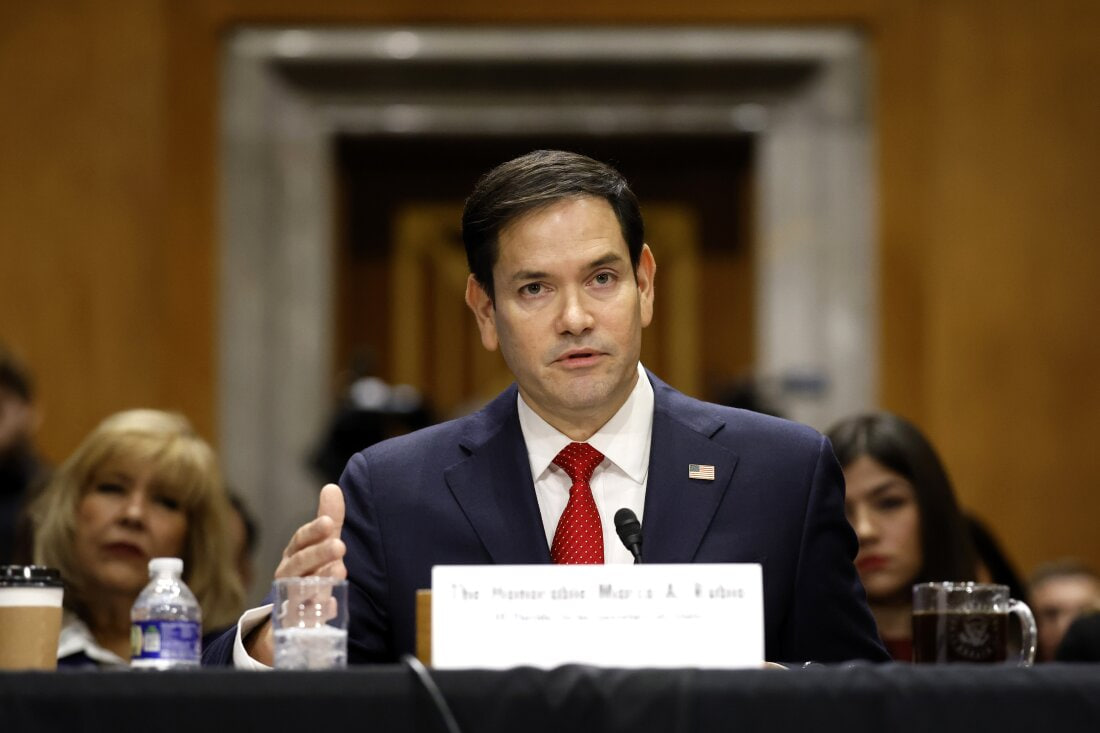
The new administration under Donald Trump views the continued application of the Jackson-Vanik amendment in U.S. relations with Central Asian republics as an "absurd relic" of the past. Marco Rubio expressed this sentiment during his Senate confirmation hearing for the position of Secretary of State.
Senator Steve Daines questioned Rubio about the amendment, calling its repeal a priority for his caucus due to the need to normalize relations with Kazakhstan and Uzbekistan.
In response, Rubio referred to the amendment as an "absurd relic of the past" and said that using it as a means to pressure Central Asian states is no longer logical.
"There are some who argue that we should use that as leverage for human rights concessions or leverage to get them to go stronger in our way as opposed to Russia and the like. But I think in some cases it’s an absurd relic of the past," Rubio explained.
He also highlighted Kazakhstan, noting that the country successfully passed WTO evaluations several years ago and has transitioned to a market economy.
"I think we can work together on this issue [repealing the amendment] because I believe it’s important," Rubio told Daines.
Background on the Jackson-Vanik amendment
The Jackson-Vanik amendment was adopted in 1974 in response to the Soviet Union. It imposed trade and financial restrictions on states that hindered free emigration or violated other human rights. The restrictions included higher duties and tariffs on imports to the United States, as well as prohibitions on granting state loans and loan guarantees.
After the collapse of the Soviet Union, the amendment automatically applied to all CIS countries. Over time, the U.S. exempted some states from its provisions, including Russia, Ukraine, Kyrgyzstan, Armenia, Georgia, Latvia, Lithuania, and Estonia. However, most Central Asian states — Kazakhstan, Tajikistan, Turkmenistan, and Uzbekistan — remain under its restrictions.
Related News
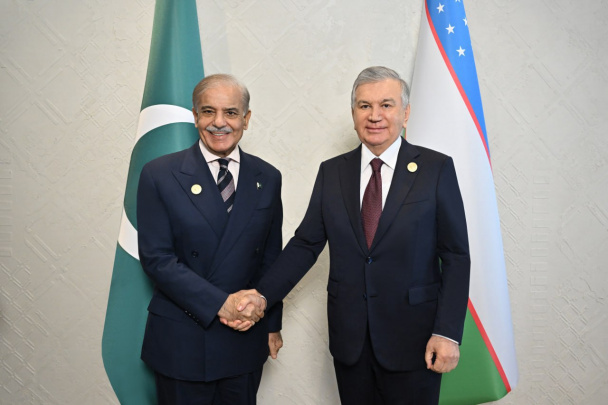
19:04 / 04.07.2025
Shavkat Mirziyoyev holds talks with Shehbaz Sharif, discusses strengthening Uzbekistan-Pakistan strategic partnership
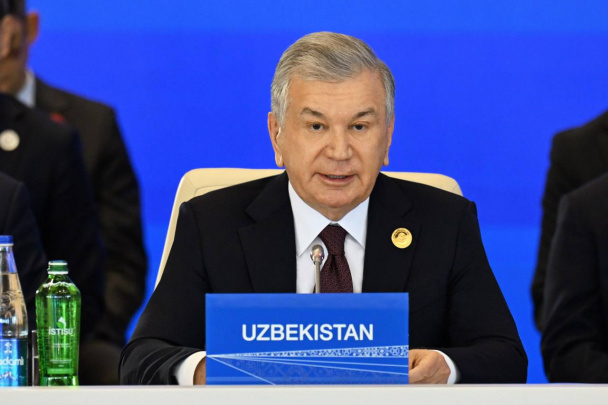
17:31 / 04.07.2025
Shavkat Mirziyoyev calls for end to violence in Gaza, urges recognition of Palestinian state
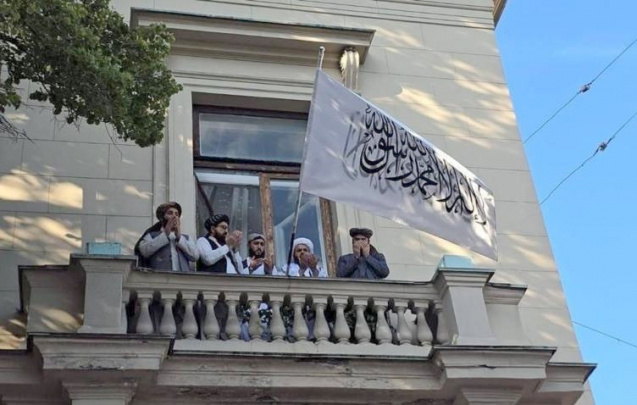
11:49 / 04.07.2025
Russia officially recognizes Islamic Emirate of Afghanistan, eyes economic cooperation
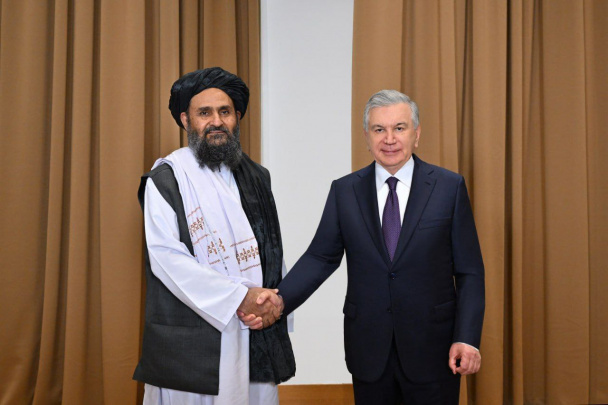
20:01 / 03.07.2025



